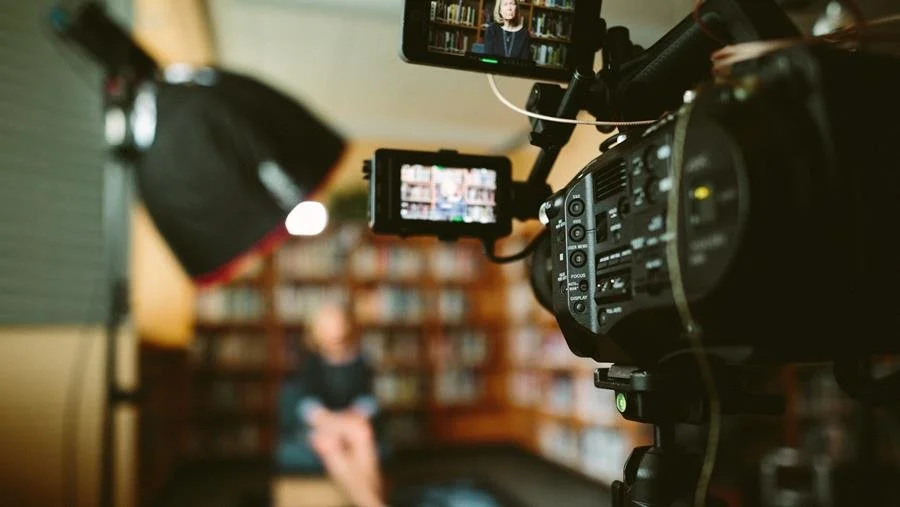How to interview a subject matter expert
In the previous issue I wrote about thought leadership and offered some tips to help you share your specialist knowledge with others. This time around I want to share some advice for interviewing someone to help draw out their expertise.
My role at Red Pony often requires me to interview someone with expertise in a particular field or issue, then write an article based on this information. I’m always interested in how I can develop my interview skills, so I have been reading Rebel talk: the art of powerful conversations by Jane Hutcheon.
Hutcheon is a journalist, former foreign correspondent and original host of ABC TV’s One Plus One series. She estimates she has conducted about 10,000 interviews in her professional career. Her book offers a model for conducting effective conversations and interviews, based on the acronym ‘REBEL’ (Research and prepare, Empathy, Be curious, Engage attention and Lead the way).
Research and prepare
It might seem obvious, but putting in the early groundwork is crucial to asking insightful, informed questions. It also demonstrates respect for the interview subject.
Remember the Australian TV journalist who failed to listen to Adele’s new album prior to his interview with the artist? Needless to say, it did not go well (he later apologised to her unreservedly for his mistake).
Empathy
Hutcheon notes the importance of empathy in creating a bond with the interview subject in order to help them relax and feel comfortable with the conversation. It also allows you to view things from their perspective, without judgement.
A schoolteacher I know told me how early in his career if he came across an upset or emotional student, he would ask ‘what’s wrong?’. The response was usually minimal, and he didn’t feel he was providing much in the way of assistance. After his wife told him he needed to be more empathic in his approach, he began asking instead ‘how can I help?’ With this small change, he found students were much more open in their responses, and he was able to engage with them much more effectively.
Be curious
I consider myself to be fortunate that in my job I get to interview some very interesting people who do fascinating things. I have learnt things that I would probably never have known about otherwise.
Hutcheon says that some of her favourite interviews were with people who weren’t celebrities or famous for any reason, but had nevertheless led fascinating lives. She uses her curiosity as a frame to participate in conversations, as a way of discovering new knowledge, understanding and experiences.
Asking open-ended questions is critical to being curious. Closed questions tend to anticipate the answer, but open-ended questions provide space for more expansive, and often unexpected responses, which in turn makes for a more interesting interview or conversation.
Engage attention
Good communicators are good listeners. Hutcheon cites former M*A*S*H star and science TV show host, Alan Alda, as an example of someone who has learnt the importance of developing your listening skills. ‘I have this radical idea that I’m not really listening unless I’m willing to be changed by you,’ he says in an interview with the Washington Post.
Interviewers ask questions, but just as important is listening to the response. It might mean your next question is very different to the one you had planned to ask. When speaking with a senior Chinese official who unexpectedly suggested mid-interview China should consider boycotting the Atlanta Olympic Games in response to US criticism of China’s human rights record, Hutcheon stopped to check she had heard correctly. Had she not been paying attention, she might have easily missed the key point that resulted in the story making international headlines.
Lead the way
The final component of Hutcheon’s REBEL acronym is ‘lead the way’, which she describes as ‘choosing how to respond’ in a conversation. By this she means taking responsibility for your conversations, the choices you make and the things you say.
It also means being considerate, by thinking about how you phrase a question and when, particularly if it relates to something that might be difficult for the other person to discuss. Unless you are looking for a ‘gotcha moment’ (and having just gone through a federal election campaign here in Australia I think it’s safe to say we’re well past that), then it’s better to provide context and ask permission to discuss the topic (for example, ‘would you be happy to talk about that?’) than just landing it out of the blue.

